Applications
 Part of the Oxford Instruments Group
Part of the Oxford Instruments Group
Expand
Collapse
The second stop on our University Roadshow is at the University of Manchester on Thursday 2nd July, 2.00 - 4.00 pm BST.
2.00 pm: Welcome from University of Manchester and Oxford Instruments
3.00 pm: "New physics of old graphite" by Dr Artem Mishchenko, University of Manchester


Biswajit gained his PhD in Physics from the Tata Institute of Fundamental Research in Mumbai, India in 2005 and completed a postdoctoral fellowship from Normale Superiore in Pisa, Italy in 2008. Subsequently, he worked a a Researcher Scientist at NEST CNR and Scuola between 2009 and 2013. Currently, he is working with the prestigious Saha Institute in Kolkata, India as an Assistant Professor.
His research interests are optical spectroscopy and electronic transport study of strongly correlated materials, semiconductor nanostructures and quantum Hall systems at dilution refrigerator temperatures under a high magnetic field. In these systems, he investigate emergent correlation properties. Recently, he has been working on topological insulators, graphene and fractional quantum Hall edge states, etc.
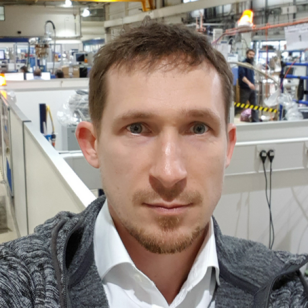
Artem Mishchenko works in condensed matter physics, his recent research covers tunnelling and capacitance spectroscopy in van der Waals materials, quantum Hall physics and other topological phenomena, strongly correlated materials, photovoltaics and light emission, crystal growth and van der Waals technology, 2D superconductivity, nanomechanics, proton transport and ultra-permeable 2D capillaries.
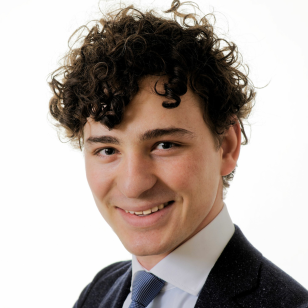
Julien Barrier graduated in Physics from Sorbonne Université (Paris) and is currently a PhD student at the University of Manchester. His research adresses electrical properties of novel two-dimensional electronic systems with a special interest in graphene-based Moiré superstructures for which he tries to uncover new phenomena in sub-kelvin temperatures.
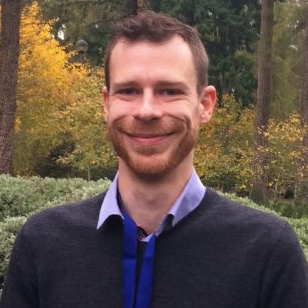
James Robinson graduated with a Materials Science degree from Oxford University. He has a background in Plasma Technology prior to joining Oxford Instruments Nanoscience as a Product Manager for the company’s ultra low temperature systems. Responsible for the new Proteox® system, James has developed a vast knowledge of it’s usability and unique features that makes it an ideal alternative tool for the low temperature research.
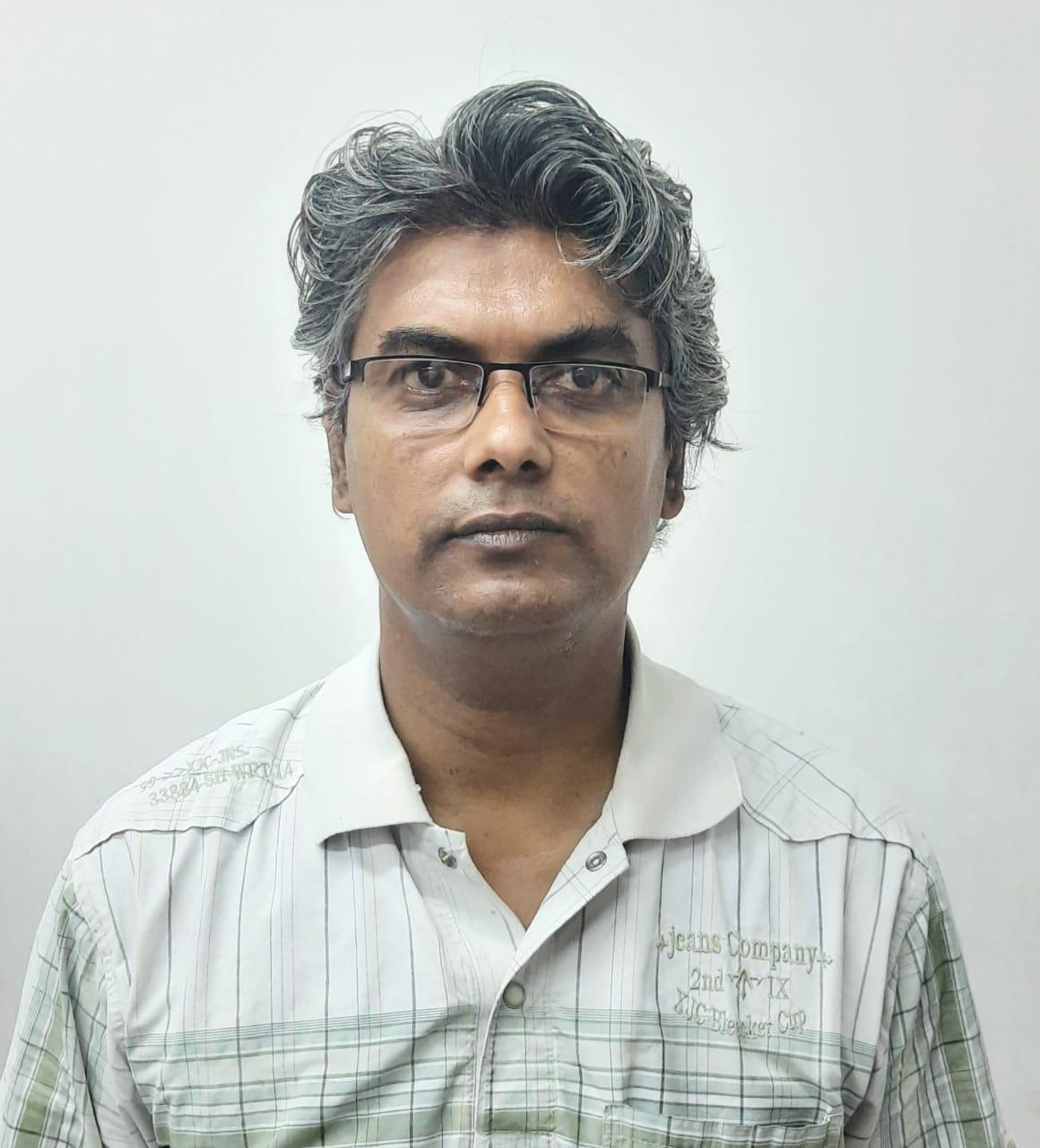
Dr Biswajit Karmakar, Associate Professor, Saha Institute of Nuclear Physics, India
Integer quantum Hall (IQH) states which are well understood in terms of non-interacting electrons are expected to have dissipation-less edge states transport from protected integer charge modes with conductance of /h. However, in strong Coulomb interaction regime, nucleation of dominant fractional quantum Hall (FQH) gaps at filling ν = 1/3 and 2/3 gives rise to incompressible strips around the smooth boundary of IQH system. As a consequence, edge states of IQH system become fractionalized into three downstream charge modes of conductance /3h each. In this talk I shall present the edge state fractionalization at long mesa boundary of ν = 1 IQH states in high mobility 2DEG. We experimentally demonstrate that ν = 1 IQH edge state is composed of three robust downstream fractional 1/3 charge modes. Equilibration between the modes can be controlled by tuning the magnetic field within the extent of ν = 1 IQH plateau. In our experiment, we could unveil the equilibration properties of the modes and this finding is linked to formation of the two set of fractional conductance plateaus of values 1/9, 2/9, 4/9 and 1/6, 1/3, 2/3 at the two ends of ν = 1 IQH plateau under selective excitation and detection of the fractionalized1/3 modes.
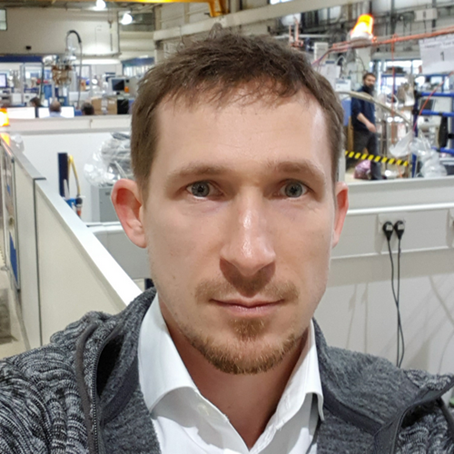
Dr Artem Mishchenko, University of Manchester
Graphite fascinated researchers for decades, but only recently experimental and theoretical breakthroughs allowed to study this old material in the purest form which led to plenty of discoveries. I will present our recent experimental results to catalyse further research of nontrivial physics in this elementary semimetal. Manchester
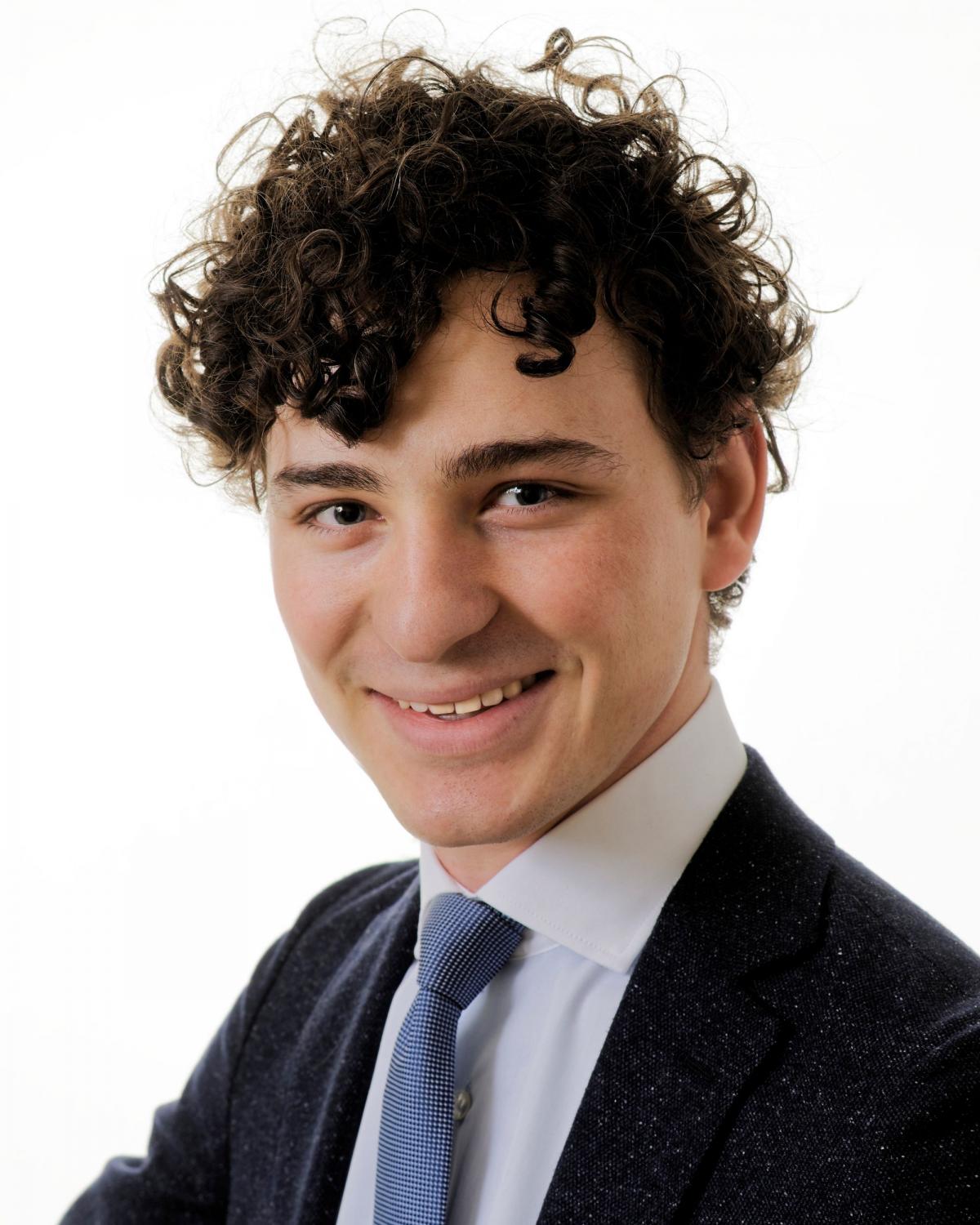
Julien Barrier, University of Manchester
In quantising magnetic fields, graphene superlattices exhibit a complex fractal spectrum often referred to as the Hofstadter butterfly. It can be viewed as a collection of Landau levels that arise from quantization of Brown-Zak minibands recurring at rational (p/q) fractions of the magnetic flux quantum per superlattice unit cell. I will show that, in graphene-on-boron-nitride superlattices, Brown-Zak fermions can exhibit mobilities above 106 cm2 V-1 s-1 and the mean free path exceeding several micrometres. High resolution measurements and high quality devices allow us to show that Brown-Zak minibands are 4q times degenerate and all the degeneracies (spin, valley and mini-valley) can be lifted by exchange interactions below 1 K. Moreover, in some parts of the Hofstadter spectrum, Landau levels exhibit nonlinear and staircase-like features that cannot be explained within a single-particle picture.
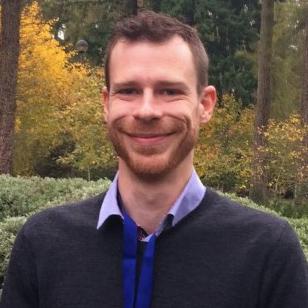
James Robinson, Product Manager, Oxford Instruments
This webinar provides an overview of the new Proteox dilution refrigerator from Oxford Instruments, highlighting the key features and suitability for many quantum computing and qubit scale-up applications. The Proteox system is an essential tool for low temperature researchers, providing advanced research capability. It enables a step change in Cryofree system modularity, designed for enhanced adaptability, reliability and increased experimental capacity. If you are dealing with low temperature experiments, don’t miss this webinar.
Our technical and commercial teams will be here on the event page throughout the roadshow for live chat to answer any questions about our systems.